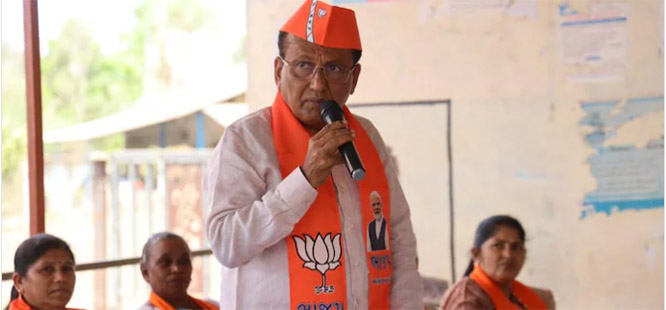India has registered 26,727 new Covid-19 cases in the last 24 hours, which is 13.6 per cent higher than yesterday. With this, the country's case tally has touched 3,37,66,707.
The daily case count on Thursday was 23,529, which was 24.7 per cent higher than what was recorded on Wednesday.
As many as 277 deaths were reported in the country in the last 24 hours, increasing the total death count to 4,48,339, according to the latest data released by the Union Health Ministry.
- The top five states which have registered maximum cases are Kerala with 15,914 cases, followed by Maharashtra with 3,063 cases, Tamil Nadu with 1,612 cases, Mizoram with 1,170 cases and Andhra Pradesh with 1,010 cases.
-At least 85.19 per cent of the new cases are reported from these five states, with Kerala alone responsible for 59.54 per cent of the new cases.
-277 deaths were reported in the country in the last 24 hours, increasing the total reported death count to 4,48,339.
-Maximum casualties were reported in Kerala (122), followed by Maharashtra with 56 daily deaths.
-India's recovery rate now stands at 97.86 per cent.
-A total of 28,246 patients recovered in the last 24 hours, which brings the total recoveries to 3,30,43,144 across the country.
-India's active caseload stands at 2,75,224. In the last 24 hours, active cases declined by 1,796.
-India has administered a total of 64,40,451 doses in the last 24 hours, which brings the total tally of doses administered to 89,02,08,007.
-A total of 15,20,899 samples were tested in the last 24 hours.








Comments
Add new comment